Reduced Braking Performance:
A malfunctioning or failed air brake actuator can lead to reduced braking power, making it more challenging to slow down or stop the vehicle, especially in emergency situations.
Increased Stopping Distance:
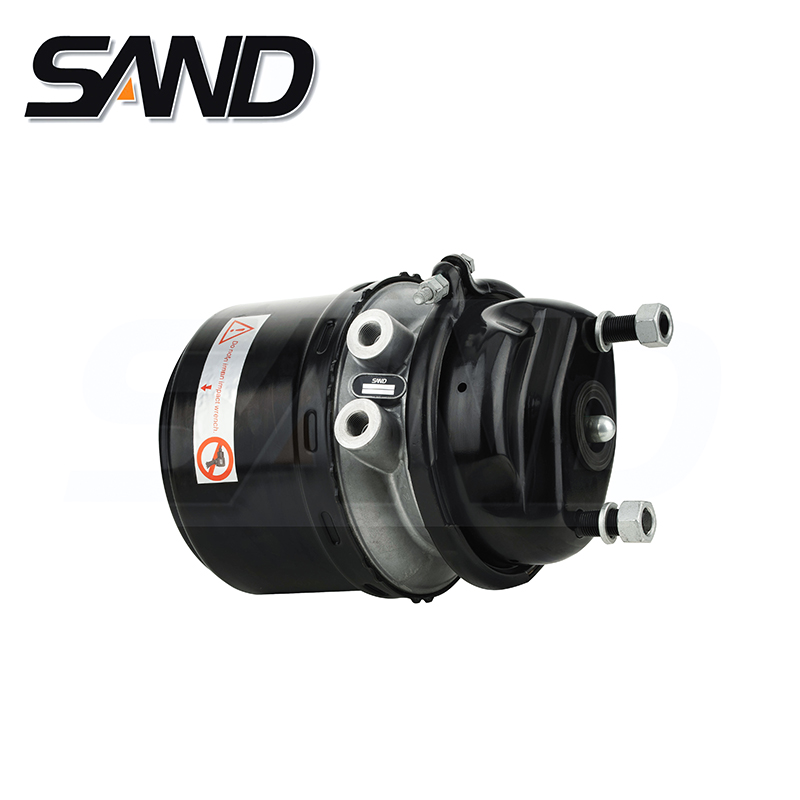
Brake actuator failures can extend the distance required to bring the vehicle to a complete stop, potentially leading to collisions due to insufficient braking force.
Loss of Braking Control:
Actuator failures can cause uneven braking or dragging of brakes, leading to loss of control and steering difficulties, which can result in accidents.
Brake Locking:
If an actuator fails to release properly, the brakes can remain engaged even after the brake pedal is released, causing the vehicle to skid or lose stability.
Loss of Emergency Braking:
In emergency situations, the ability to quickly engage the brakes is crucial. Actuator failures can hinder the vehicle's ability to respond rapidly to unexpected hazards.
Brake Fade and Overheating:
A malfunctioning actuator can lead to brakes remaining partially applied, causing excessive heat buildup and brake fade. This can reduce braking effectiveness over time.
Risk of Accidents:
Inadequate braking due to actuator failures increases the risk of rear-end collisions, collisions at intersections, and accidents caused by the inability to stop in time.
Impact on Downhill Descents:
A malfunctioning actuator can compromise a vehicle's ability to maintain control during downhill descents, potentially leading to loss of control and accidents.
Compromised Stability:
Uneven braking forces caused by actuator failures can lead to imbalanced weight distribution and compromised stability, increasing the risk of rollovers or jackknife situations.
Trailer Instability:
For vehicles towing trailers, actuator failures can affect the braking performance of the entire rig, potentially leading to trailer sway or instability.
Inability to Comply with Regulations:
Commercial vehicles that don't meet regulatory braking standards due to actuator failures could face legal issues and fines.
Driver Fatigue and Stress:
Dealing with a vehicle that has compromised braking can lead to increased driver stress and fatigue, as the driver must use extra effort to maintain control and anticipate braking distances.
To ensure safety, it's crucial to conduct regular inspections, perform preventive maintenance, and address any signs of actuator issues promptly. In commercial transportation, regular inspection and maintenance schedules are mandated by regulations to prevent brake system failures and ensure the safety of drivers, passengers, and other road users.


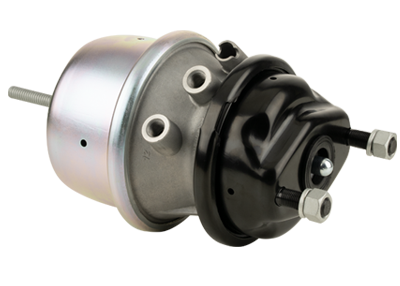
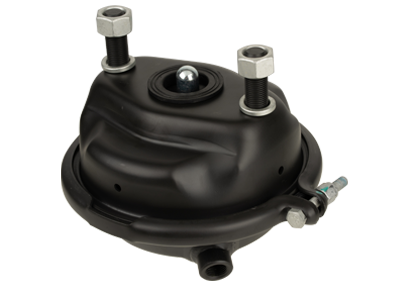
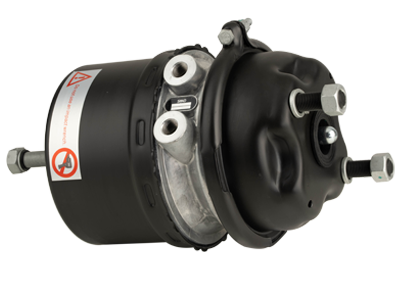

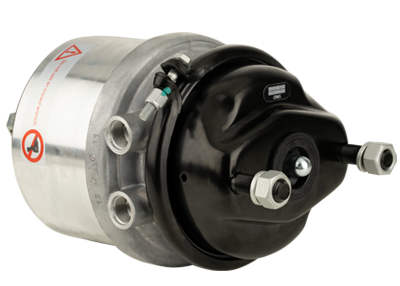
 英语
英语 中文简体
中文简体 德语
德语 俄语
俄语 西班牙语
西班牙语 法语
法语
